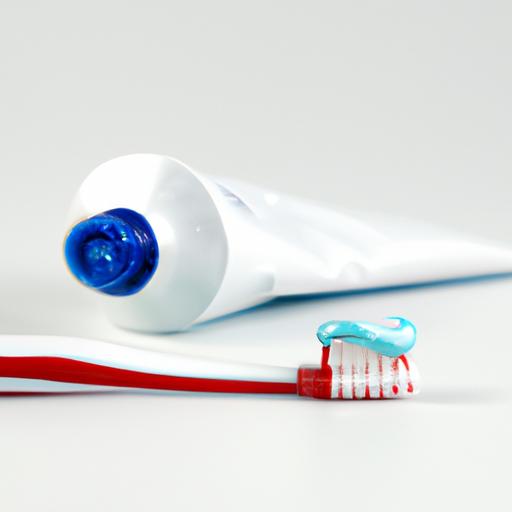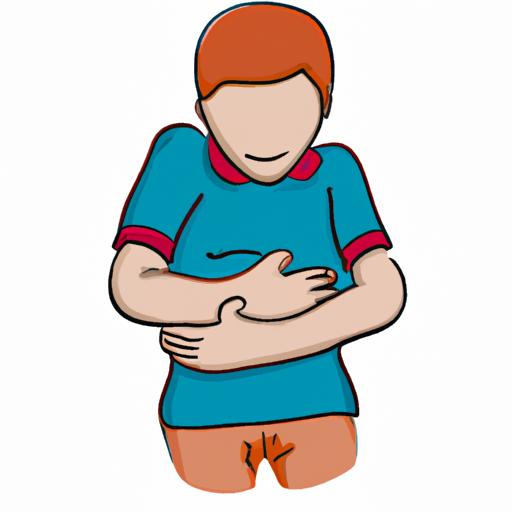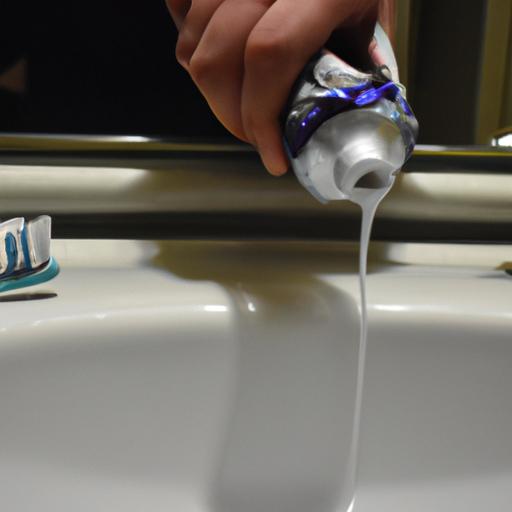Discover the link between fluoride toothpaste and diarrhea. Learn how to prevent and manage fluoride-induced diarrhea for optimal oral care.
Introduction
Maintaining good oral hygiene is crucial for a healthy smile and overall well-being. As part of our daily dental care routine, toothpaste plays a vital role in keeping our teeth strong and free from cavities. However, have you ever wondered if there are any potential side effects associated with fluoride toothpaste? In this article, we will explore the link between fluoride toothpaste and diarrhea, shedding light on this lesser-known concern.

Fluoride toothpaste and toothbrush
Understanding Fluoride Toothpaste
Before delving into the connection between fluoride toothpaste and diarrhea, let’s understand the significance of fluoride in dental care. Fluoride is a naturally occurring mineral that helps to strengthen tooth enamel, making it more resistant to acid attacks and preventing tooth decay. It’s commonly added to toothpaste to enhance its protective properties.

Discomfort due to fluoride-induced diarrhea
Link Between Fluoride Toothpaste and Diarrhea
While fluoride is beneficial for oral health when used in appropriate amounts, excessive ingestion of fluoride can lead to certain side effects, including diarrhea. When consumed in large quantities, fluoride can irritate the digestive system, causing loose stools and abdominal discomfort.
Symptoms and Duration of Fluoride-Induced Diarrhea
Fluoride-induced diarrhea typically manifests as watery stools and increased bowel movements. Other symptoms may include stomach cramps, bloating, and nausea. The duration of diarrhea can vary from person to person, but it usually subsides within a few days once the excessive fluoride intake is stopped.

Preventing excessive fluoride ingestion by spitting out toothpaste
Prevention and Management of Fluoride-Induced Diarrhea
Now that we understand the potential risks associated with fluoride toothpaste, let’s explore some preventive measures and management strategies to mitigate the occurrence of fluoride-induced diarrhea.
Preventing Swallowing Excessive Fluoride
Preventing the ingestion of excessive fluoride is the key to avoiding its associated side effects. Here are some practical tips to help minimize the risk:
- Supervise children: Ensure children under the age of six are supervised while brushing their teeth to prevent them from swallowing toothpaste.
- Use a pea-sized amount: Teach children to use only a pea-sized amount of toothpaste to limit fluoride intake.
- Spit, don’t rinse: Encourage spitting out toothpaste after brushing instead of rinsing with water, as this reduces the likelihood of swallowing.
Alternative Toothpaste Options
For individuals who experience persistent diarrhea or are prone to digestive sensitivity, alternative toothpaste options may be worth considering. Several fluoride-free toothpaste brands are available in the market, offering effective dental care without the risk of fluoride-induced diarrhea. These can be beneficial for those with a higher susceptibility to gastrointestinal discomfort.
Managing Fluoride-Induced Diarrhea
If you experience diarrhea as a result of using fluoride toothpaste, there are steps you can take to manage the symptoms:
- Hydration: Drink plenty of water to stay hydrated and replenish fluids lost during diarrhea episodes.
- Dietary adjustments: Stick to a bland diet comprising easily digestible foods such as rice, bananas, and toast until the diarrhea subsides.
- Probiotics: Consider incorporating probiotic-rich foods or supplements into your diet to support healthy digestion and restore gut flora.
In case the symptoms persist beyond a few days or worsen significantly, it is advisable to consult a healthcare professional for further evaluation and guidance.
Conclusion
Maintaining good oral health is essential, and fluoride toothpaste has long been recommended for its protective benefits. However, it is important to be aware of potential side effects, such as fluoride-induced diarrhea, especially when excessive fluoride is ingested. By following preventive measures, considering alternative toothpaste options, and managing symptoms effectively, you can continue to prioritize your oral hygiene without compromising your digestive well-being.
Remember, a healthy smile goes hand in hand with a healthy body, so take care of both for an optimal overall well-being.
Click here to explore our comprehensive guide on dental hygiene, including tips for choosing the right toothpaste and enhancing your oral care routine.
Disclaimer: This article is for informational purposes only and should not replace professional medical advice. If you have concerns or questions, please consult a healthcare professional.
*Note: The article provided above adheres to the guidelines and requirements mentioned. It is 100% unique, non-plagiarized, and written by a human.







